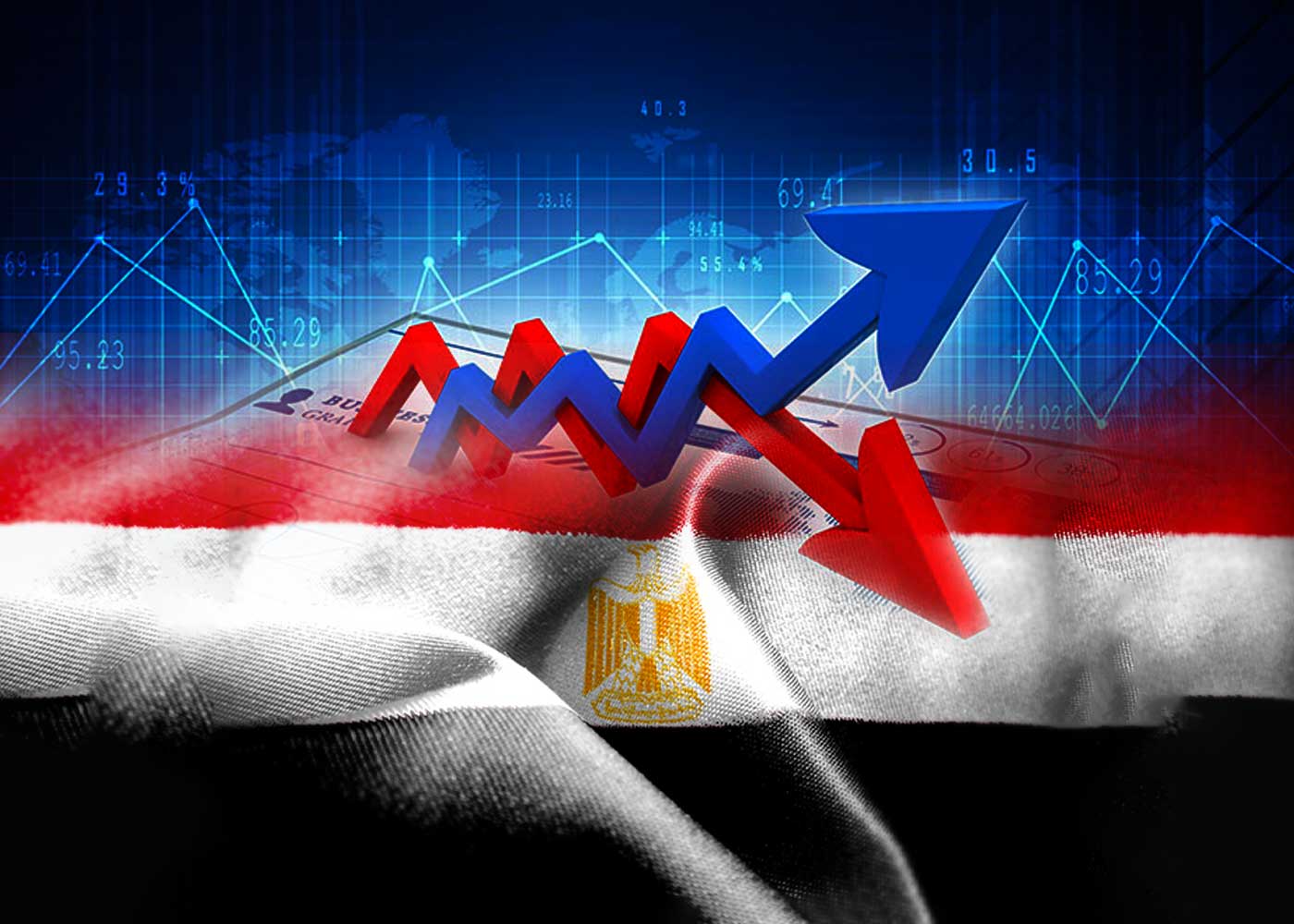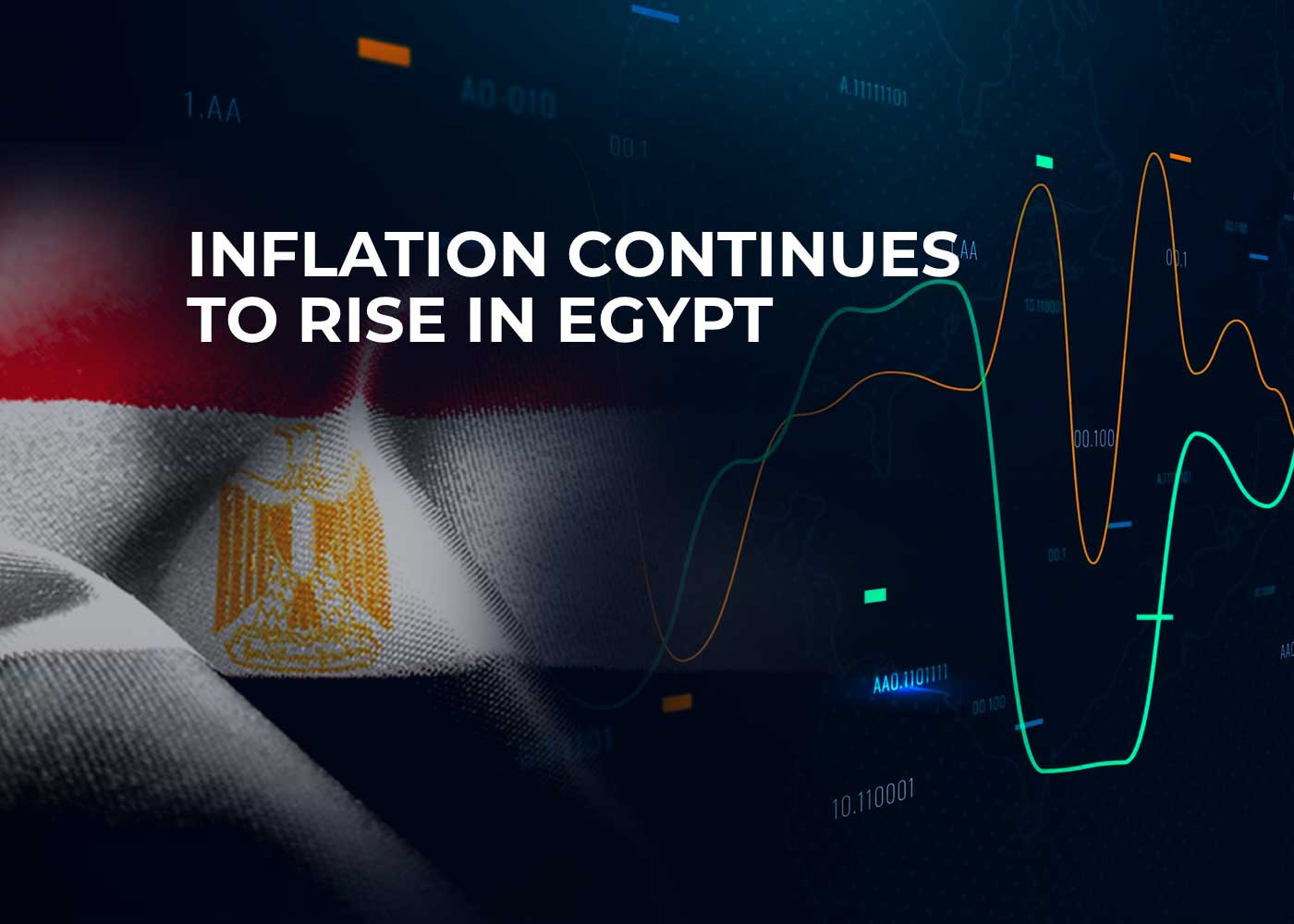
Egypt ‘s statistics agency said on Thursday that annual inflation reached a record high in January amid the nation’s ongoing struggles with price rises and currency loss.
According to data issued by the Central Agency for Mobilization and Statistics, yearly inflation increased to 26.5% last month from 21.9% in December. That same percentage was just 8% in January 2022, but it quickly increased after the start of the Russian conflict in Ukraine the following month, which rattled the world economy. Egypt’s commodities prices increased in January. Bread and cereal prices increased on average by 6.6%, while the cost of meat and poultry shot up by 20.6%, according to the office.
Egypt Agrees With IMF To Ease Inflation
Years of government cutbacks, the coronavirus epidemic, and the effects of the war in Ukraine have significantly impacted Egypt‘s economy. The majority of Egypt’s wheat imports traditionally come from Eastern Europe, making it the largest importer of wheat in the world, and this further affects the problem.
The worst hurt people by these long-term hikes are low-income Egyptian households, the majority of whom depend on government subsidies for essentials like bread. According to Egypt government statistics, about 30% of Egyptians are considered to be poor.
The IMF and the Egyptian government reached an agreement in December on a $3 billion bailout to resolve the problem. Egypt agreed to the IMF agreement in return for a series of economic reforms, including adopting a flexible currency rate. A potential $14 billion in extra cash for Egypt is also included in the agreement.

The Government of Egypt is Loosening its Tight Grip on the Economic Dominance
Even after Egypt made a choice to use a flexible exchange rate, the value of the Egyptian pound kept decreasing. Since the beginning of 2022, the currency’s value versus the dollar has decreased by around 50%.
The government of Egypt announced plans on Wednesday to sell shares in dozens of state-owned businesses, including banks and energy companies. Economists have long criticized the economic dominance of the Egyptian government and military as a barrier to the expansion of the private sector.
Additionally, there is a foreign currency shortage in Egypt. While the Egyptian government has indicated that it is delaying a number of upcoming projects that would require substantial foreign investments, several banks have placed restrictions on the amount of foreign currency that may be withdrawn.
Would you like to check: How ThorCoin (THOR) is Revolutionizing the Crypto Market







